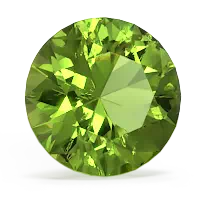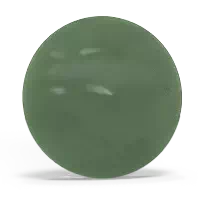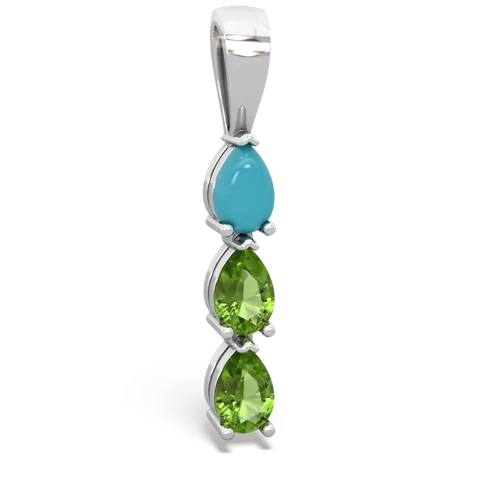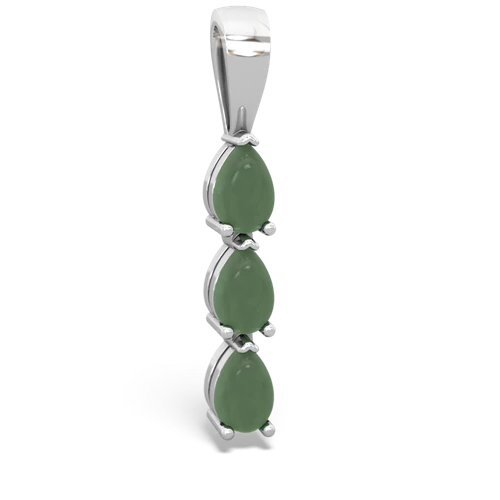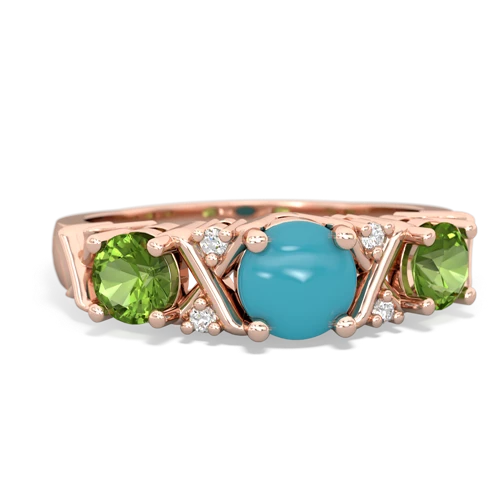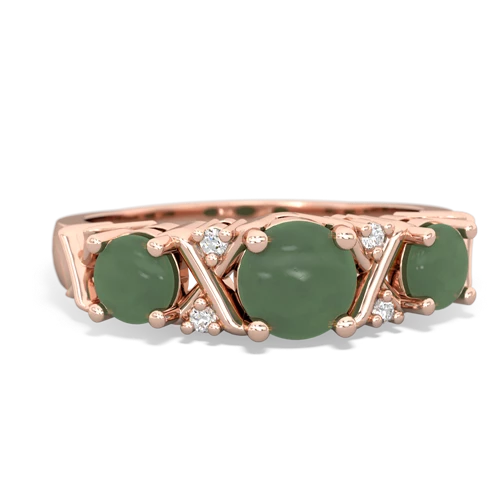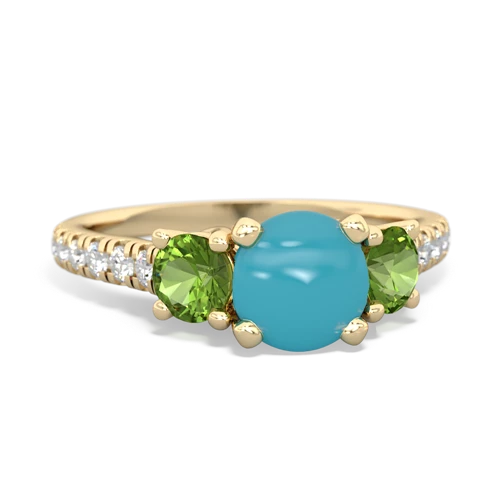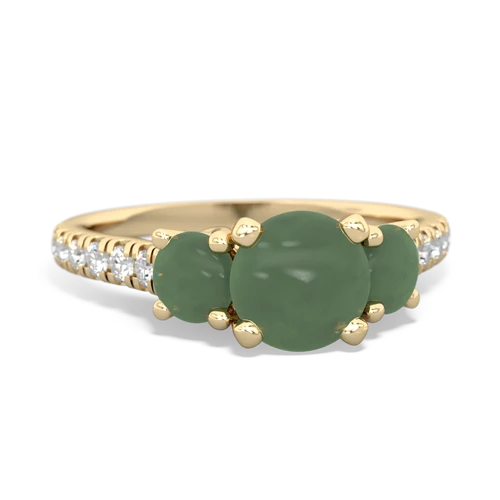Turquoise is the birthstone for the month of December and the gift given in celebration of the fifth and eleventh wedding anniversaries. Since the days of the ancient Egyptians, turquoise has been known throughout the world and has been in great demand. Turquoise was one of the first gemstones ever mined, perhaps dating back to 6000 BC, in Egypt's Sinai Peninsula. The name turquoise comes from the same French word, Turquoise, meaning Turkish, since it originally arrived in Europe through Turkey, originating in Iran. Turquoise has been mined in Iran for over 3,000 years. It has been used for thousands of years for jewelry by the Ancient Egyptians, who buried fine pieces with mummies. Aztecs fashioned elaborate turquoise masks. Today, Native Americans, especially the Zuni and Navajo peoples, produce the most renowned pieces in the US, such as turquoise and silver bracelets, necklaces, rings, earrings, pendants, brooches, and belt buckles. In the past, the stone was also used as beads in ...
learn more
